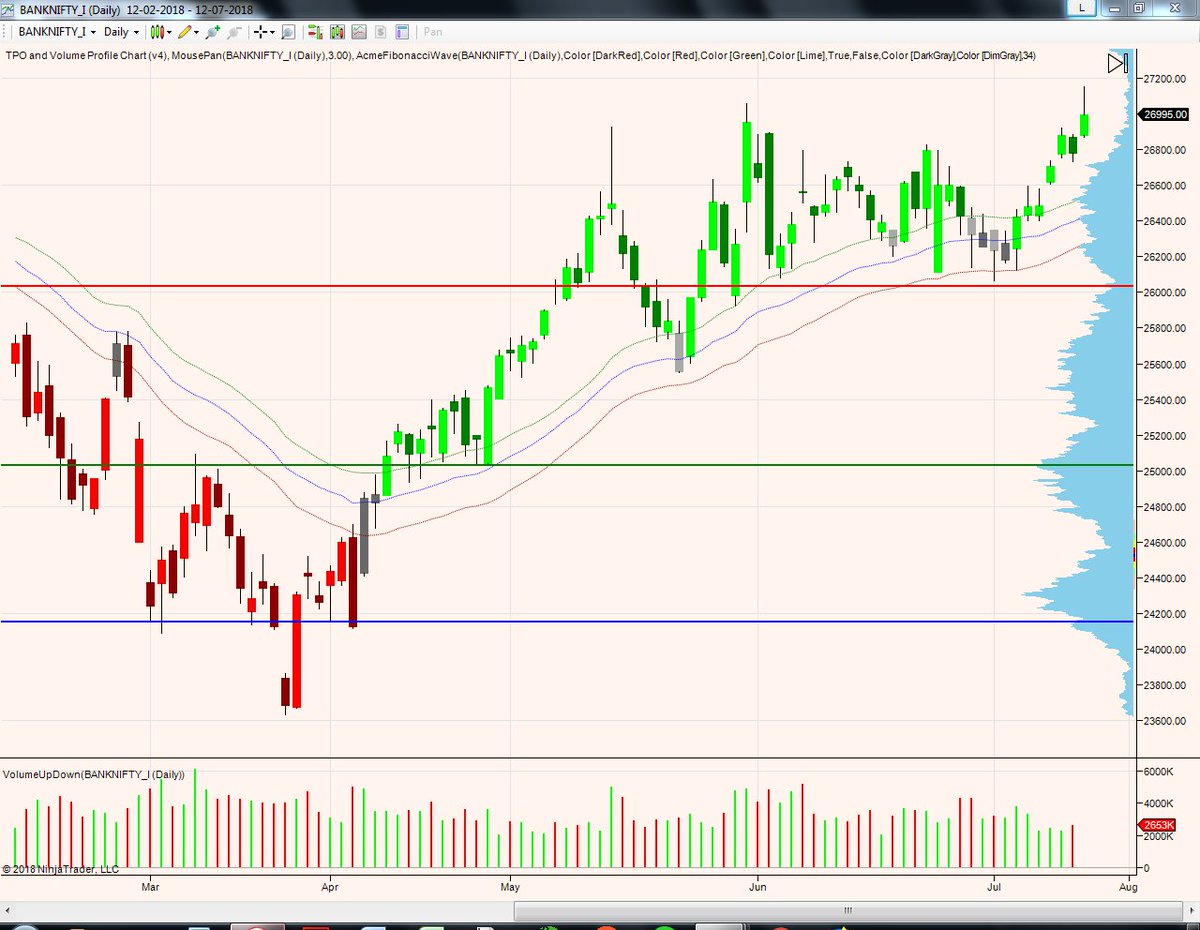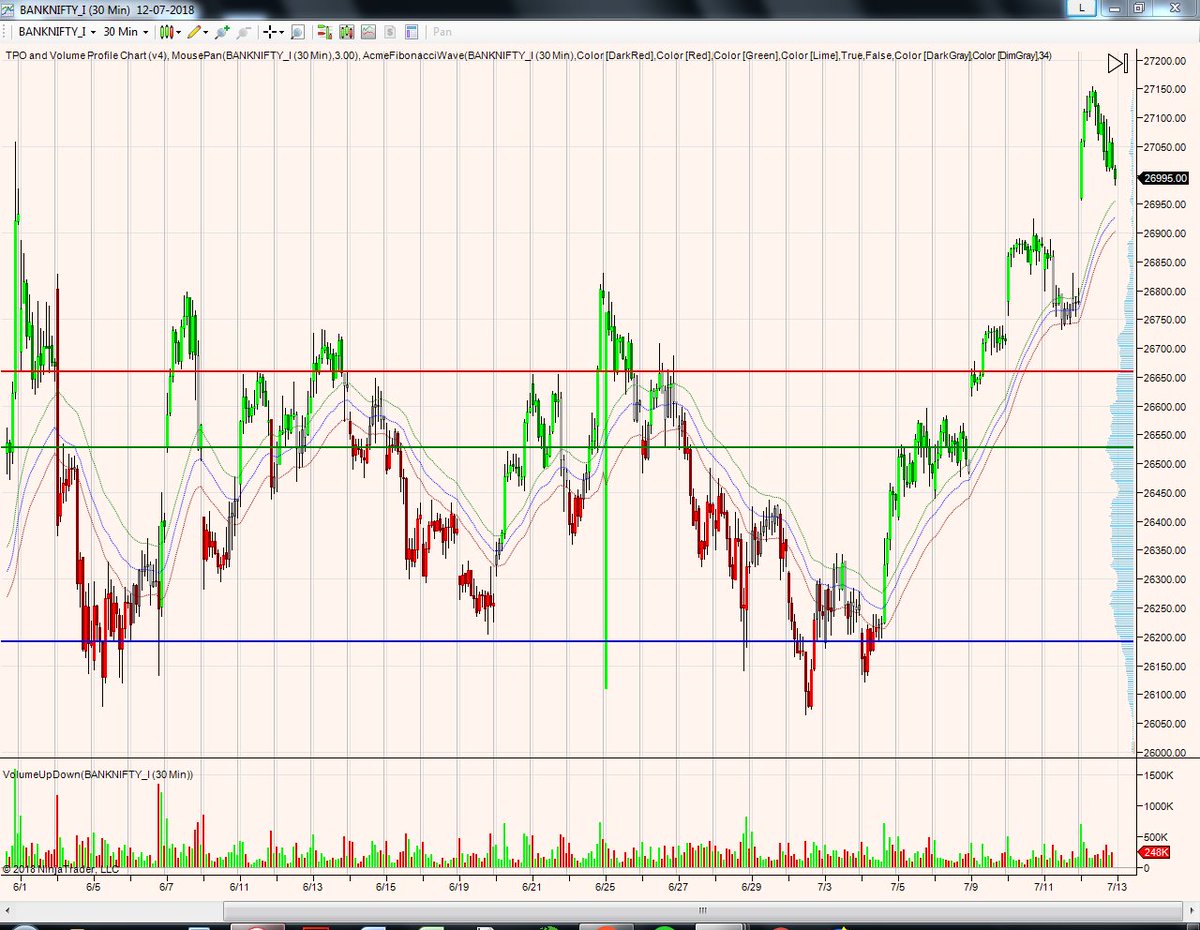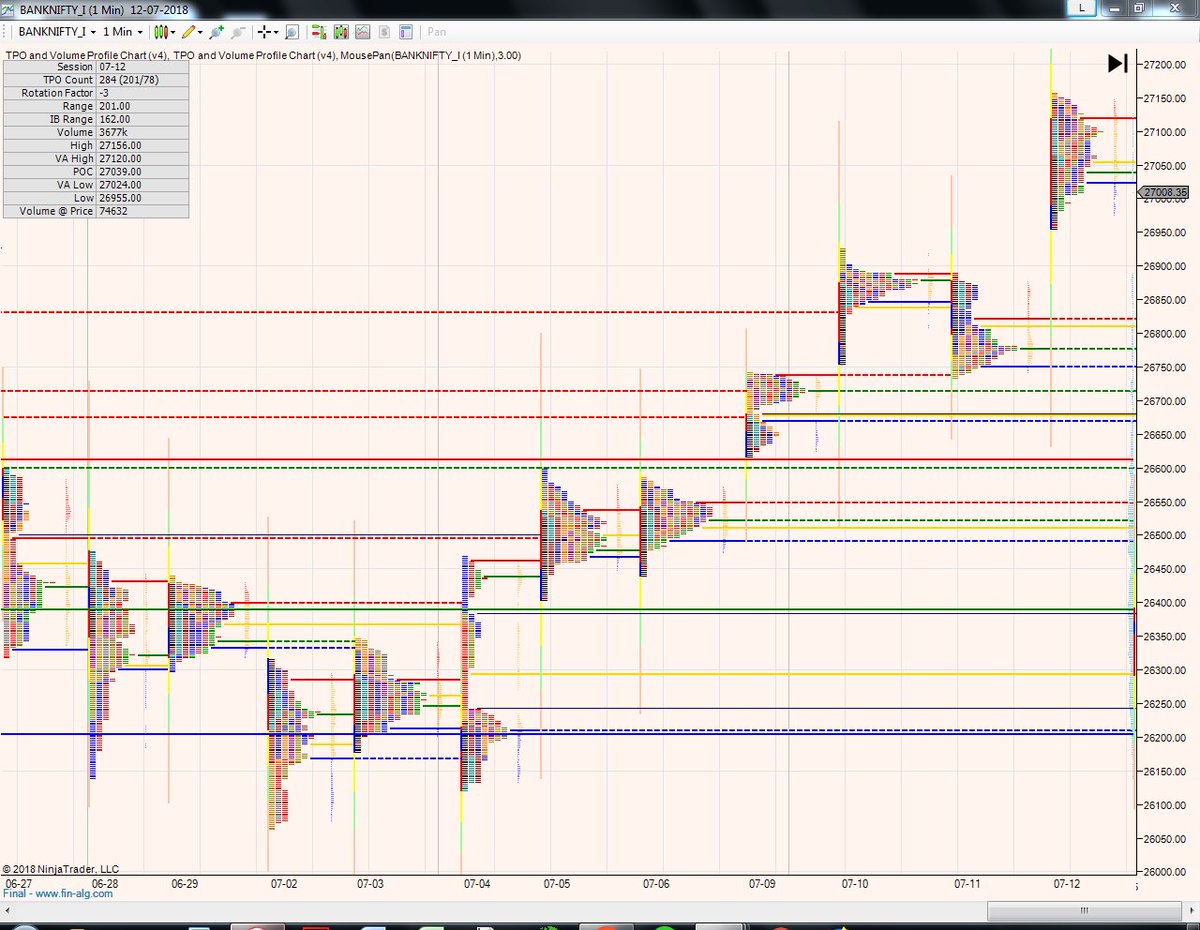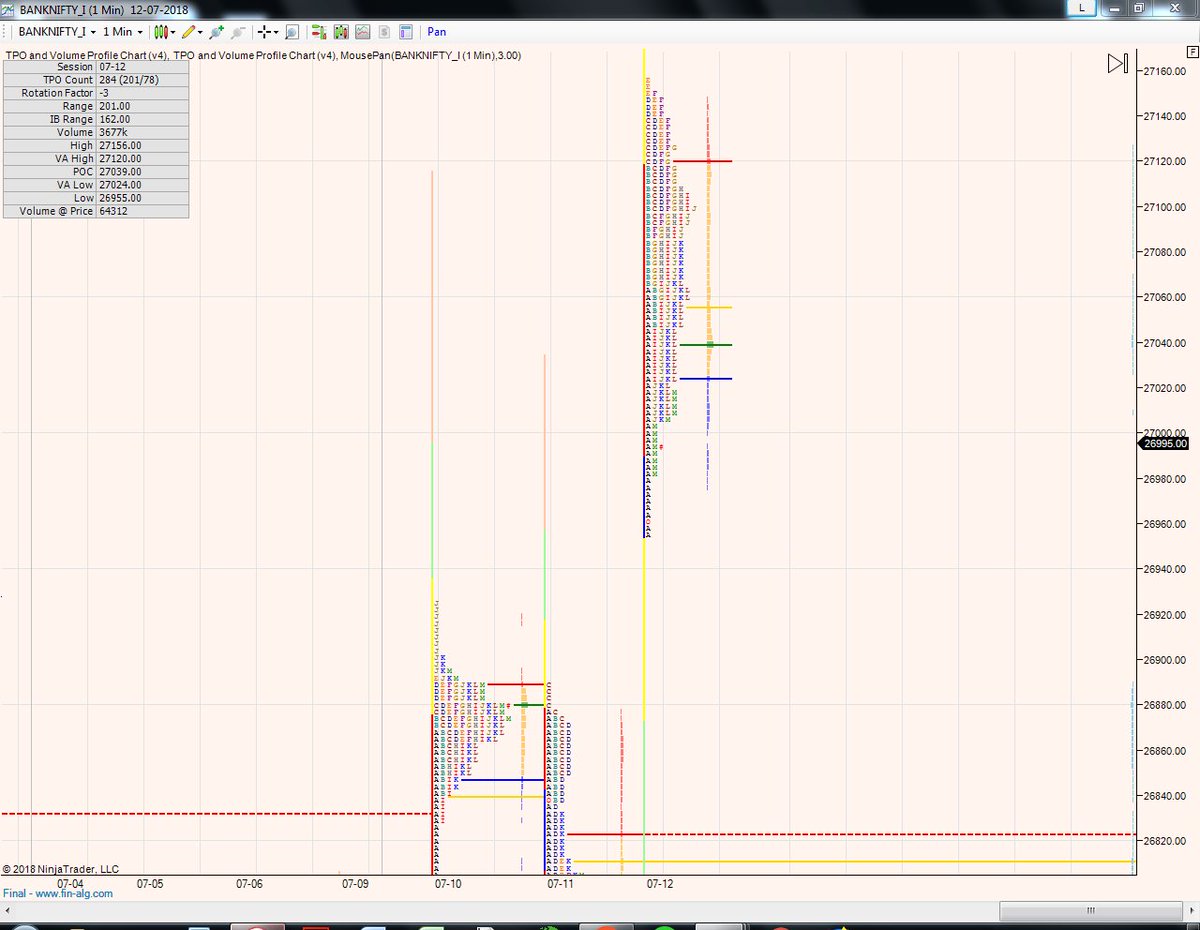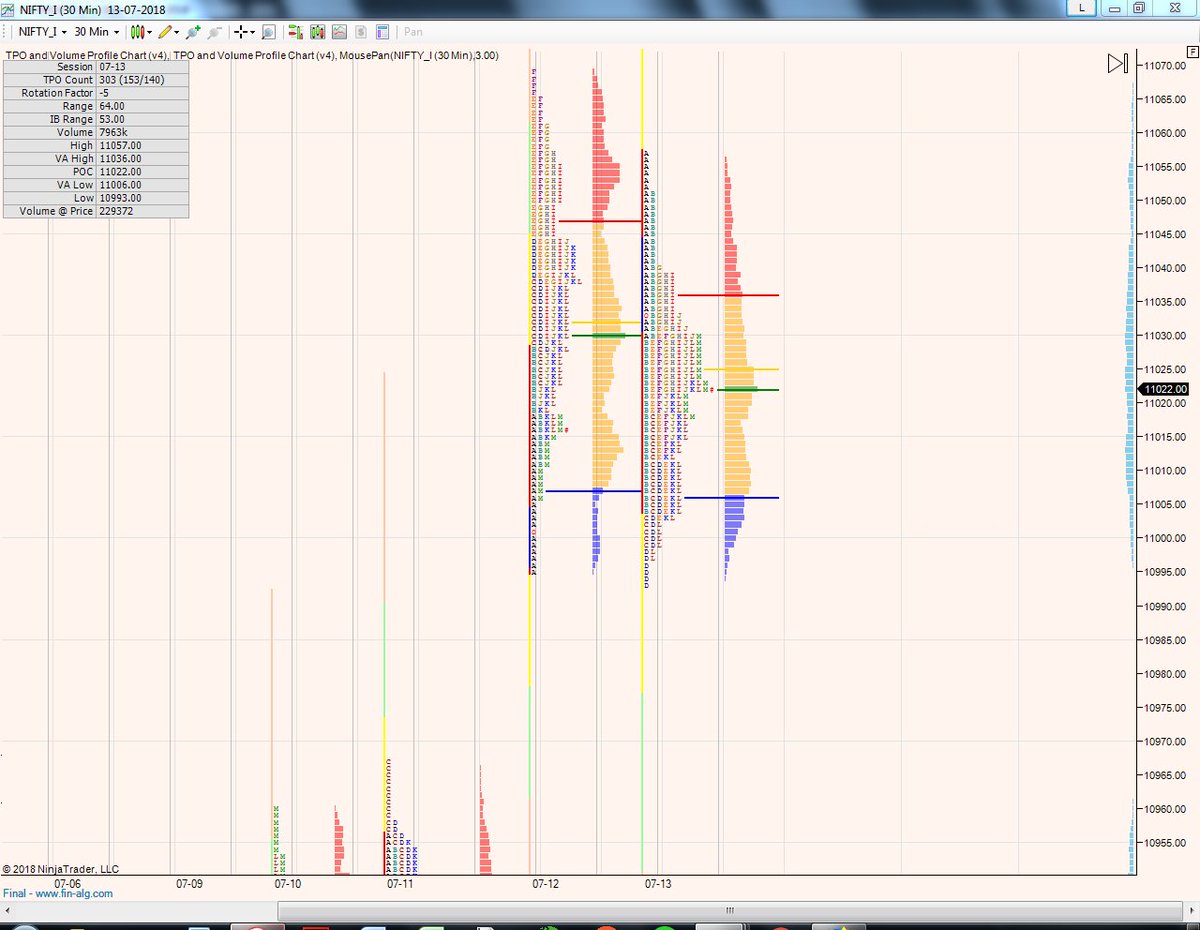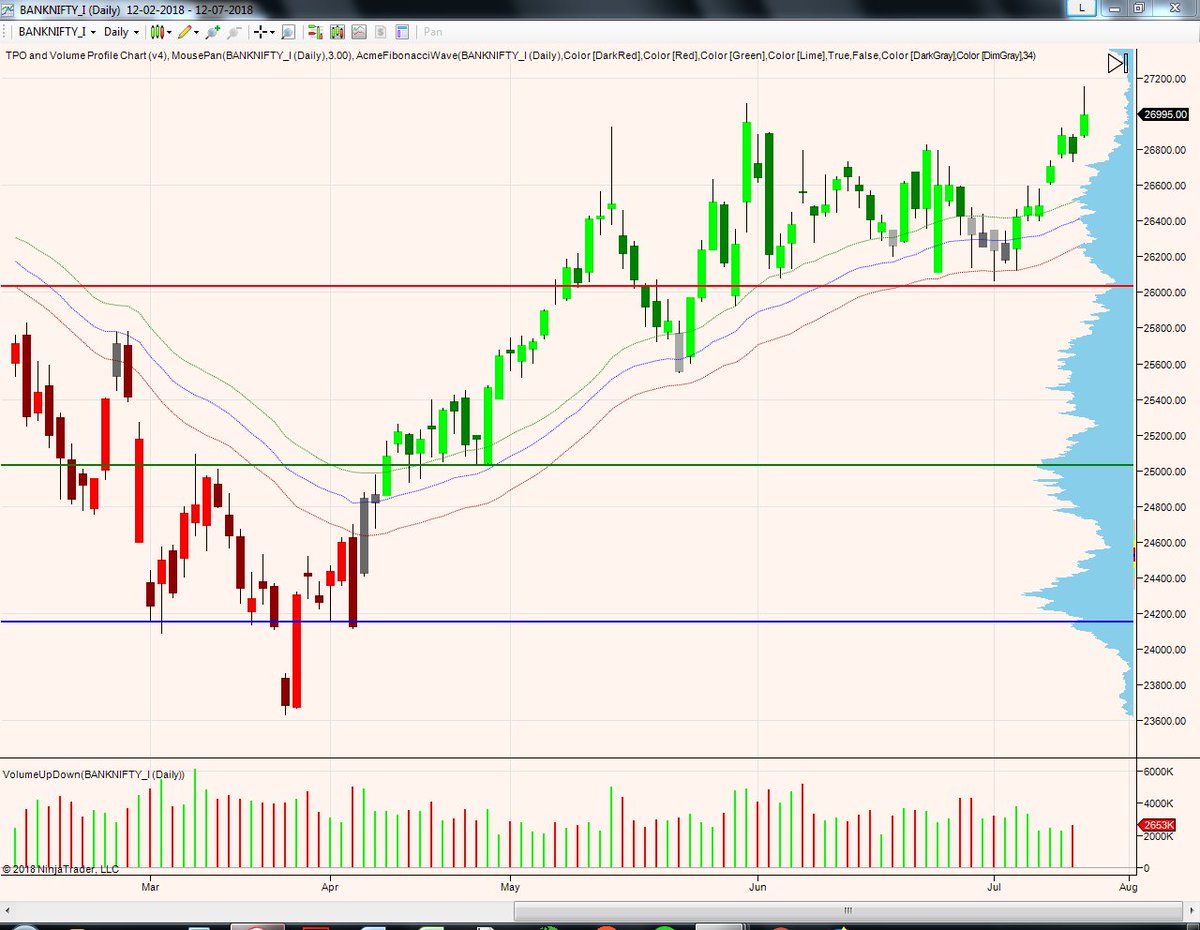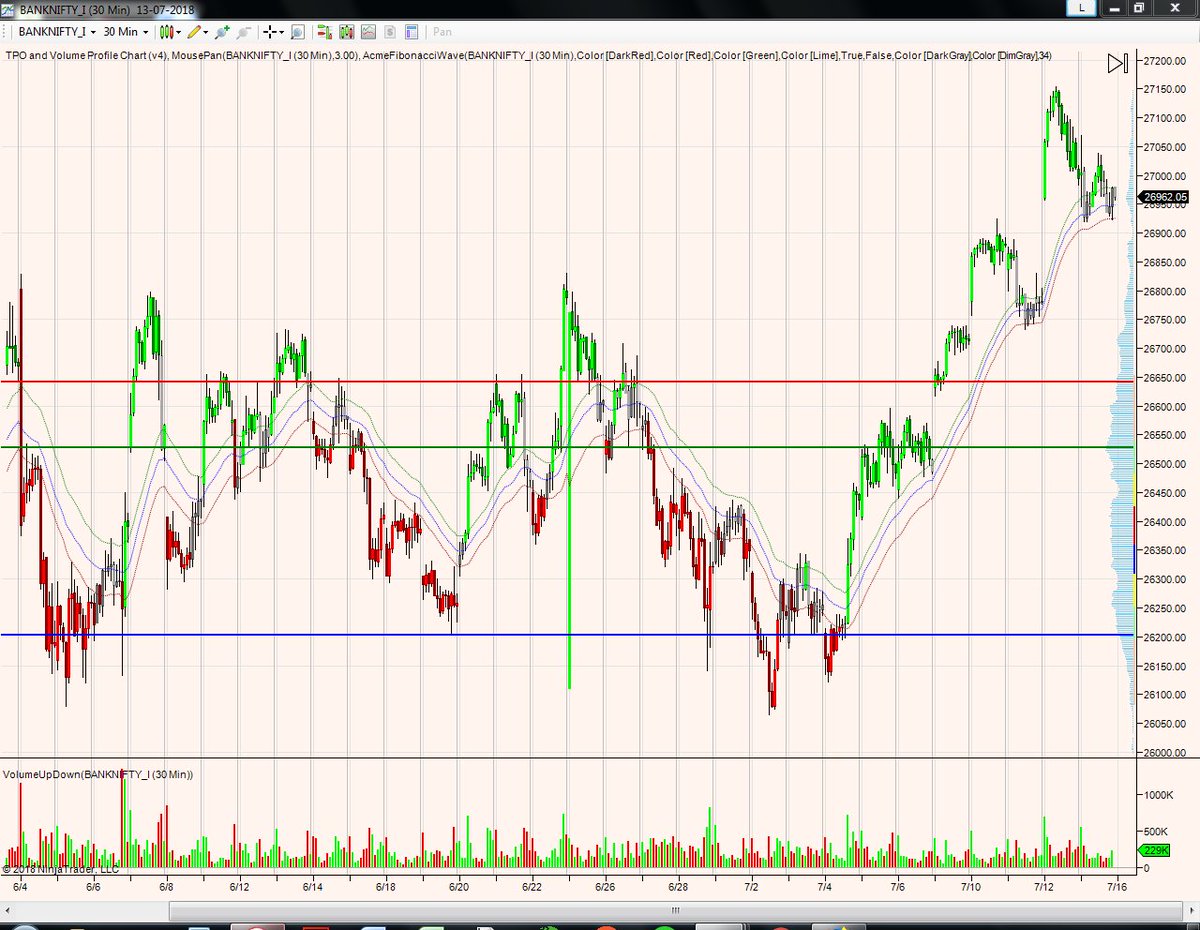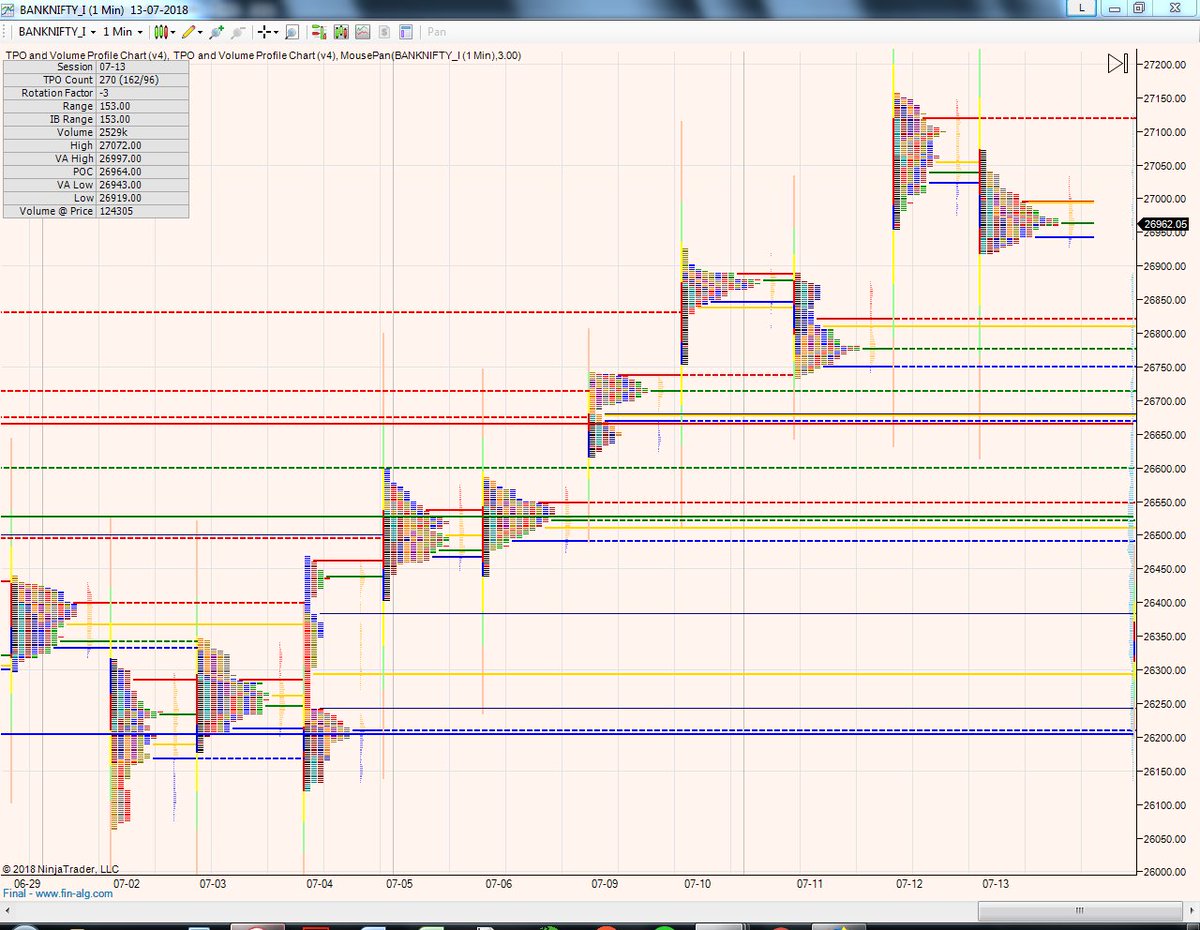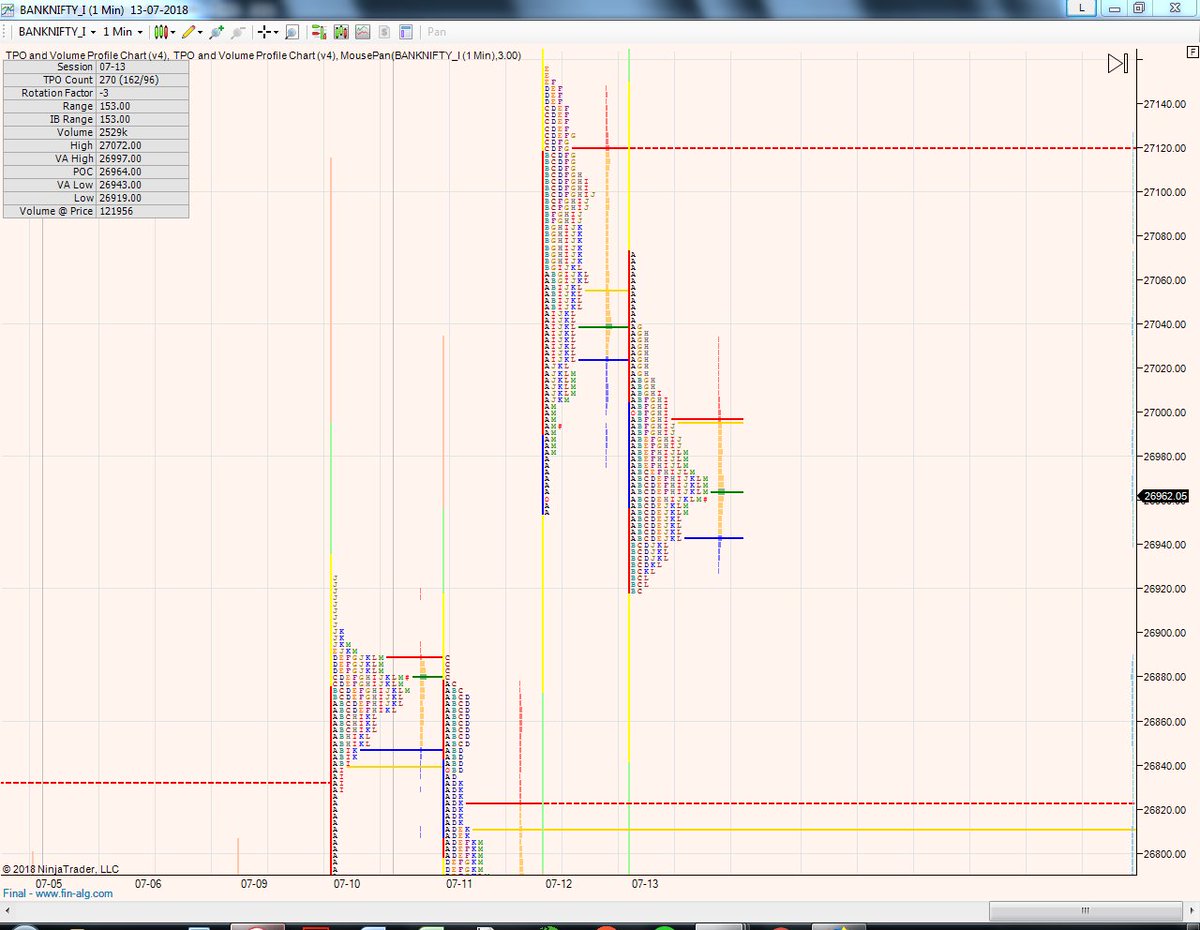Superforecasting: The Art and Science of Prediction
by Philip E. Tetlock and Dan Gardner
Week 3
#WeekendReading
#LearningTogether
by Philip E. Tetlock and Dan Gardner
Week 3
#WeekendReading
#LearningTogether
https://twitter.com/IMRiskManager/status/1007611716862001152
1 It makes sense that giving analysts a basic grasp of psychology will help them avoid cognitive traps and thus help produce better judgments. But does it? No one knows. It has never been tested.
2 Don’t believe until you test.
3 A novice may overestimate the probability that the next card will win her the hand, bet big, get lucky, and win, but winning doesn’t retroactively make her foolish bet wise.
4 Conversely, a pro may correctly see that there is a high probability of winning the hand, bet big, get unlucky, and lose, but that doesn’t mean her bet was unwise.
5 Forecasters liked clarity and precision in principle but when it came time to make clear and precise forecasts they weren’t so keen on numbers.
6 Expressing a probability estimate with a number may imply to the reader that it is an objective fact, not the subjective judgment it is.
7 The more famous an expert was, the less accurate he was. That’s not because editors, producers, and the public go looking for bad forecasters. They go looking for hedgehogs, who just happen to be bad forecasters. Animated by a Big Idea, hedgehogs tell tight, simple, clear .....
8 .....stories that grab and hold audiences. As anyone who has done media training knows, the first rule is “keep it simple, stupid.”
9 It’s easy to misinterpret randomness. We don’t have an intuitive feel for it. Randomness is invisible from the tip-of-your-nose perspective. We can only see it if we step outside ourselves.
10 Researchers have found that merely asking people to assume their initial judgment is wrong, to seriously consider why that might be, and then make another judgment, produces a second estimate which, when combined with the first, improves accuracy almost as much as ...
11 ...getting a second estimate from another person.
12 The deeply counterintuitive nature of probability explains why even very sophisticated people often make elementary mistakes.
13 Like oil and water, chance and fate do not mix. And to the extent that we allow our thoughts to move in the direction of fate, we undermine our ability to think probabilistically.
14 The more a forecaster inclined toward it-was-meant-to-happen thinking, the less accurate her forecasts were. Or, put more positively, the more a forecaster embraced probabilistic thinking, the more accurate she was.
15 So finding meaning ( spiritual ) in events ( fate ) is positively correlated with well-being but negatively correlated with foresight. That sets up a depressing possibility: Is misery the price of accuracy?
• • •
Missing some Tweet in this thread? You can try to
force a refresh


